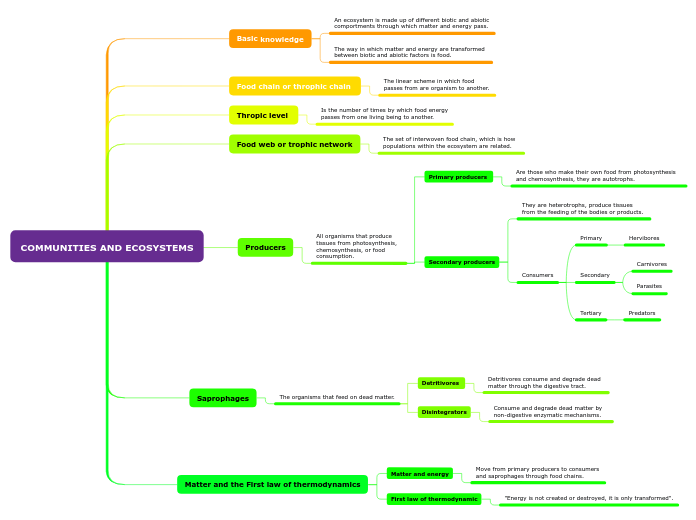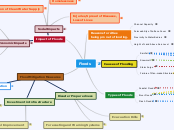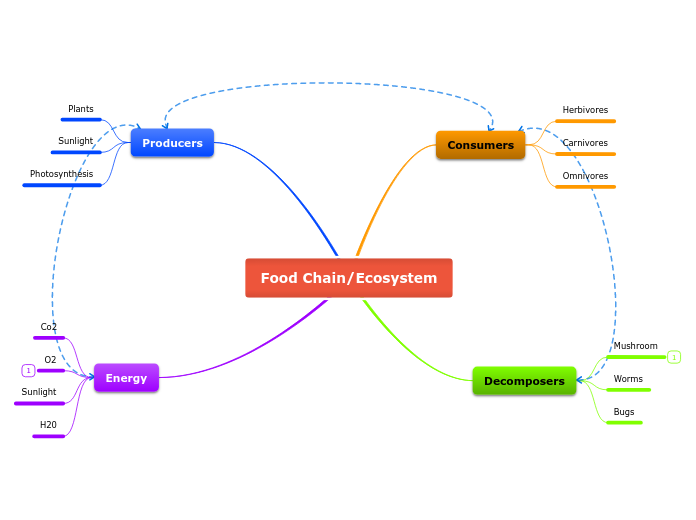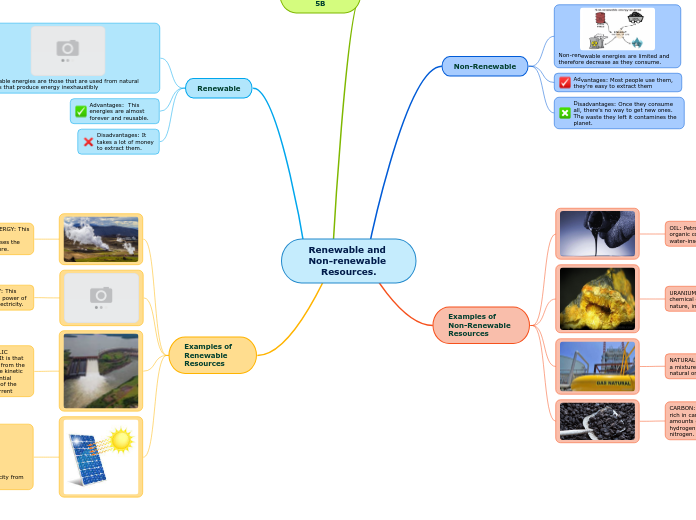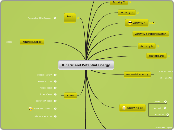von Sofía López Vor 2 Jahren
180
COMMUNITIES AND ECOSYSTEMS
Organisms in ecosystems are categorized based on their roles in energy production and consumption. Primary producers, or autotrophs, create their own food through photosynthesis or chemosynthesis, forming the base of the food web.
